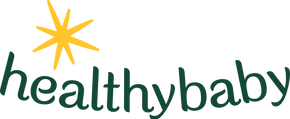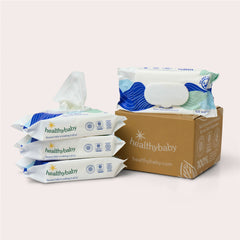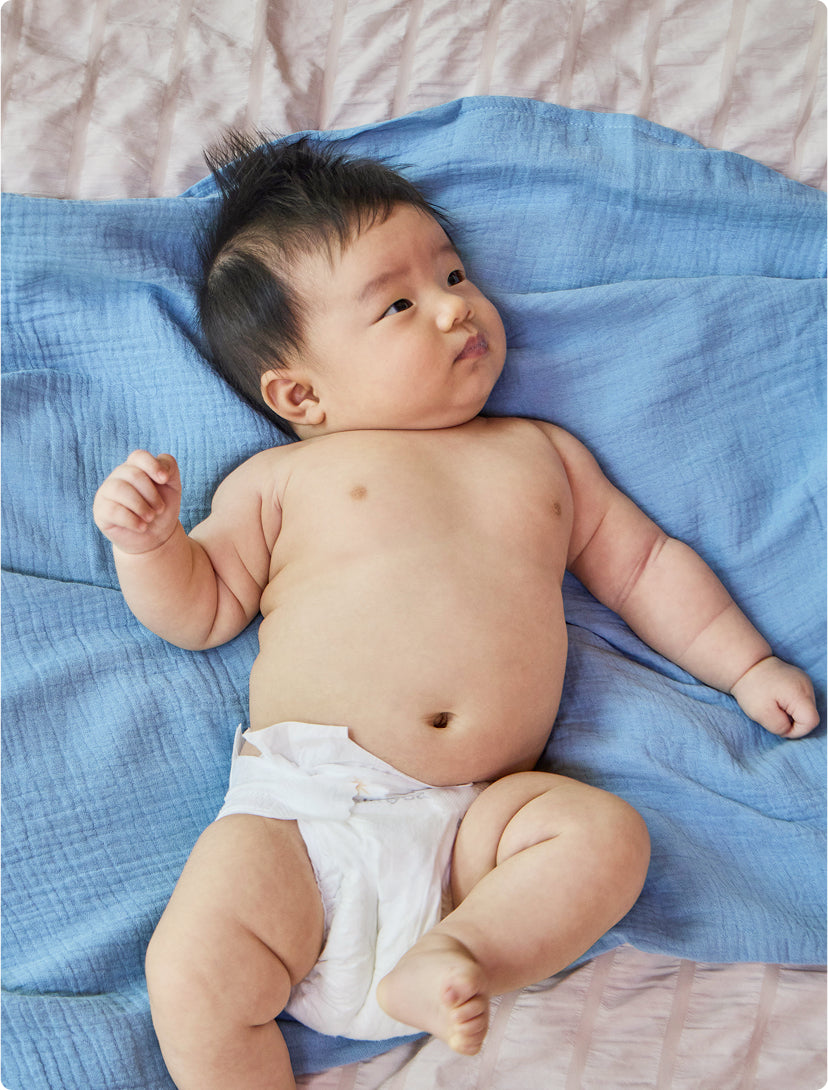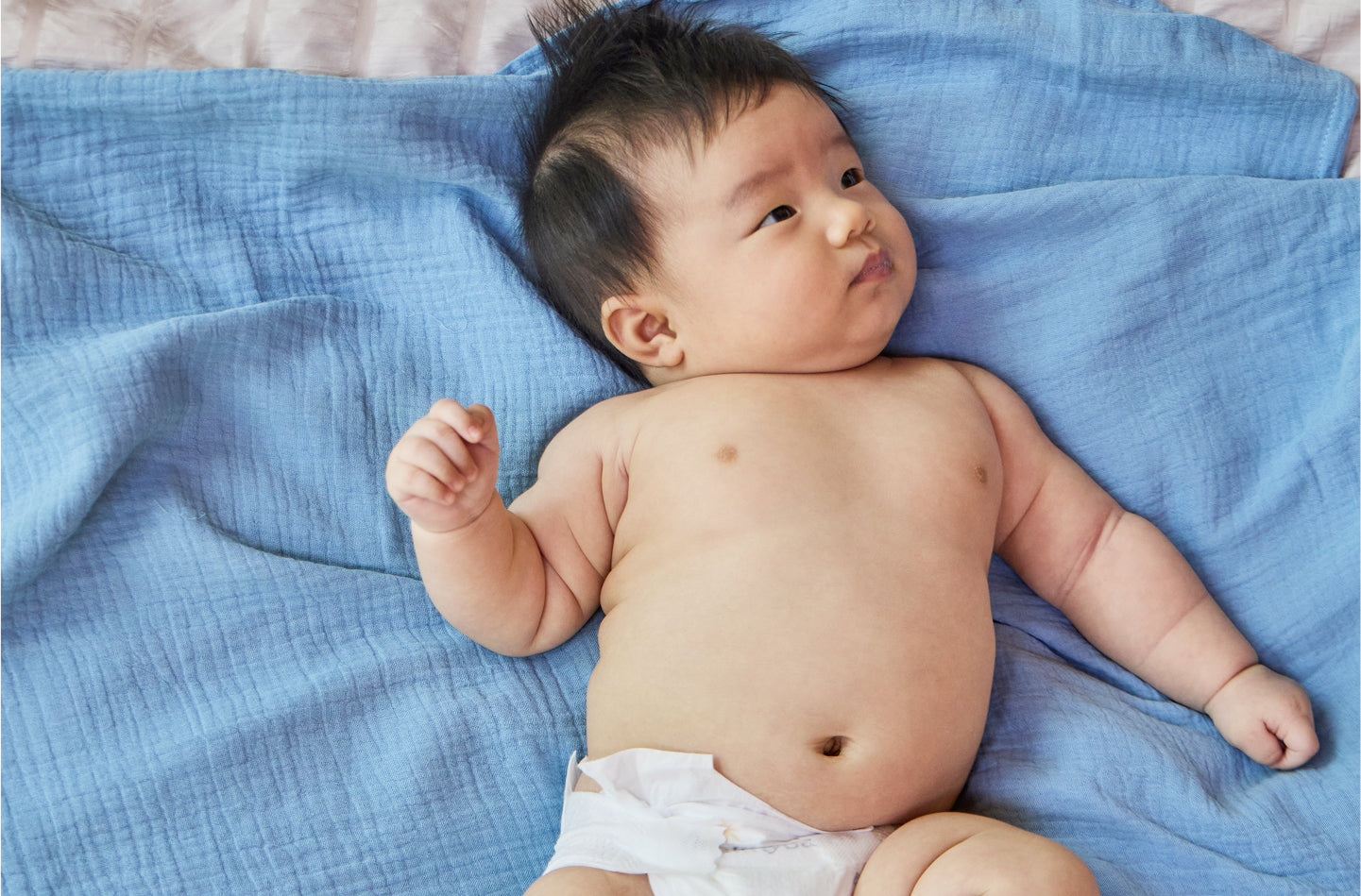Development isn’t a race. It’s a flow.
Every baby—and parent—is figuring it out at their own pace.
Instead of milestones, we encourage you to focus on this amazing moment.
Your baby’s brain makes more than one million neural connections per second in these first three years. Simple, consistent interactions with baby today can have profound, lifelong benefits.
Here’s how baby’s brain is developing this month, and how you can support their progress.
Developmental Highlight
From day one, baby’s sensory system is laying a foundation for wellness and development, interpreting and processing incoming information and learning how to respond. This process is known as sensory integration.
But baby’s not just working with the 5 senses (sight, hearing, touch, taste, and smell). There are actually 8 senses, including:
-
Vestibular sense: How we move through gravity, often thought of as our sense of balance.
-
Proprioception: The body’s ability to sense its own position and movements.
- Interoception: Internal sensations and experiences, like the feeling of hunger or the need to urinate or defecate.
Brain-Building Activity
Multisensory Moments
Routine: Bathtime, anytime
Baby’s always processing sensory information. Think about ways you can engage multiple senses in their everyday routines.
-
In the bath: Count baby’s toes aloud, touching each one with your hand, a washcloth, or a dab of Our Shampoo and Bodywash foam. Then name other body parts as you wash them. Describe what the cloth feels like or what baby’s different body parts do to add to the experience.
- Outside the bath: Let baby spend some time undressed and diaper-free on a soft blanket to experience tactile, proprioceptive input (body awareness) in a richer way. Stretched out on the floor, baby can explore how their body relates to the ground and start to fine-tune wiggly movements and finesse motor control.
You’ve Got This
If you’re feeling any pressure to have all the “right” toys to support baby’s development, please don’t. Baby’s learning everything they need to know from the world around them—most importantly, you.
Baby’s learning from the consistency of your responses, your loving touch, your voice and face. Baby’s learning from real life, real experiences, and genuine relationships. These provide better enrichment and entertainment than any toy out there.
Soon, baby’s hands and feet will become their favorite playthings. When a baby learns to play and explore with their own agenda, they learn new information in context. As baby grows, try to avoid electronic or overly complicated toys that have a “right” and “wrong” way to play. Simple toys leave more space for imagination and creativity.
